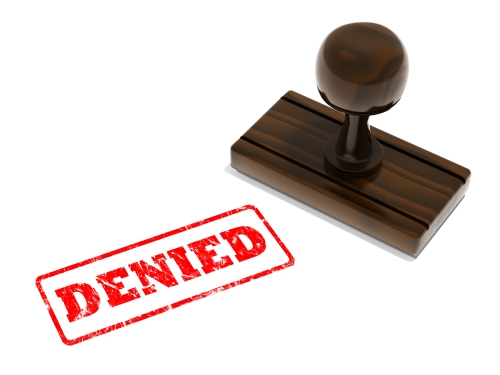Lack of Diligence in Deposing Key Inventor Precludes Amending Answer to Add Inequitable Conduct Defense | Akin Gump Strauss Hauer & Feld LLP
[co-author: Nia Kyritsis]
The Central District of California denied a defendant’s motion for leave to amend to allege inequitable conduct due to the defendant’s delay in deposing a key inventor until the end of fact discovery. The district court held that the defendant neither exercised diligence nor established good cause based on the inventor’s deposition to warrant amending its answer.
In a patent infringement lawsuit over printer and printing method patents, Defendant deposed the first named inventor of the patents two weeks before the end of fact discovery. The inventor testified that he had used information about a printhead manufactured by a third party in the design of the claimed inventions. Patentee then produced related documents after the deposition and two days before the close of fact discovery. Defendant argued that Patentee intentionally withheld this critical information about the printhead until the end of discovery, depriving Defendant of the ability to allege inequitable conduct sooner. Defendant filed a motion to amend its answer to assert inequitable conduct following the Patentee’s production—eight months after the deadline to amend pleadings.
Patentee argued in opposition to the motion that it had produced relevant documents about the claimed invention’s functionality earlier in the case, that the information that formed the basis for Defendant’s motion was cumulative of prior discovery and that the information was not material to patentability. Patentee further argued that Defendant was at fault for delaying the deposition at which it learned of the printhead information until two weeks before the end of fact discovery and four months before trial. Thus, Defendant was not diligent.
The court agreed with Patentee, concluding that Defendant was not diligent and thus failed to show good cause to modify the court’s scheduling order pursuant to Rule 16(b)(4) long after the deadline to amend pleadings. Although Defendant noticed the deposition in March and the parties had a dispute over its location, the district court faulted Defendant for waiting several months to bring the location dispute to its attention. The court also found that Defendant failed to identify any testimony that supported a “sudden revelation of inequitable conduct.” The court also held that Defendant failed to meet the requirements to amend its pleading under Rule 15 because, inter alia, it failed to alleged facts sufficient to support a reasonable inference of specific intent.
Practice Tip: When choosing the timing of key depositions, parties must consider the potential consequences of discovering relevant information late in the discovery period. Courts may be reluctant to permit amendments or additional discovery when it is likely to be time-consuming, costly or delay resolution of the case even if that discovery was requested, but not provided earlier in the case if the requesting party did not seek the court’s assistance in ensuring that such discovery was provided earlier.
MGI Digital Technology SA v. Duplo USA Corporation, 8-22-cv-00979 (CDCA Oct. 17, 2023).






